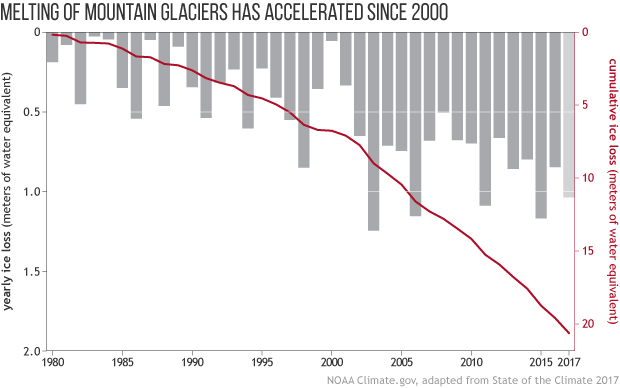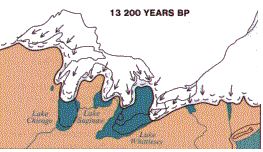I see her name. What I do not see is a link to any study by any scientist. EVERY link in that article simply leads to another Livescience article.
Oh.....okay!

Whatever you say!
Follow along with the video below to see how to install our site as a web app on your home screen.

Note: This feature currently requires accessing the site using the built-in Safari browser.
I see her name. What I do not see is a link to any study by any scientist. EVERY link in that article simply leads to another Livescience article.

lolNARRATIVE FAIL: One Of Largest Glaciers On Earth That Shrank Is Growing Again
NARRATIVE FAIL: One Of Largest Glaciers On Earth That Shrank Is Growing Again
Sorry liberals
So we should kill all cows, rip down all buildings in manhattan, destroy airplanes, and cars because the climate has been changing for thousands of years lollolNARRATIVE FAIL: One Of Largest Glaciers On Earth That Shrank Is Growing Again
NARRATIVE FAIL: One Of Largest Glaciers On Earth That Shrank Is Growing Again
Sorry liberals
Yes, most conservatives are truly this ignorant and stupid.
The fact of climate change isn’t a ‘conservative’ or ‘liberal’ issue.
That conservatives have sought to make the fact of climate change ‘political’ is further proof of their ignorance and stupidity.
You keep talking about "empirically observed evidence" (sort of like "observed observed evidence", I guess) but I've yet to actually see what you're talking about. Where is this evidence Billy?I love it!
The usual alarmist suspects reject out of hand EMPIRICALLY OBSERVED EVIDENCE and cling to their failed modeling... You just cant get any stupider than that..



But Jakobshavn will save us all...


 .............this is what Im always talking about.........some people just tend to the hysterical. The graph can give a casual observer the perception that these glaciers are melting like an ice cube in the summer on your patio table. Yuk......but closer observation gets us to............well, yeah......yawning!
.............this is what Im always talking about.........some people just tend to the hysterical. The graph can give a casual observer the perception that these glaciers are melting like an ice cube in the summer on your patio table. Yuk......but closer observation gets us to............well, yeah......yawning!

lolNARRATIVE FAIL: One Of Largest Glaciers On Earth That Shrank Is Growing Again
NARRATIVE FAIL: One Of Largest Glaciers On Earth That Shrank Is Growing Again
Sorry liberals
Yes, most conservatives are truly this ignorant and stupid.
The fact of climate change isn’t a ‘conservative’ or ‘liberal’ issue.
That conservatives have sought to make the fact of climate change ‘political’ is further proof of their ignorance and stupidity.






But Jakobshavn will save us all...
